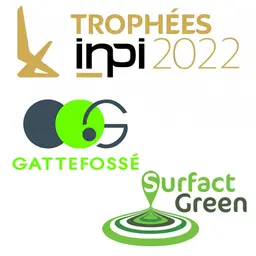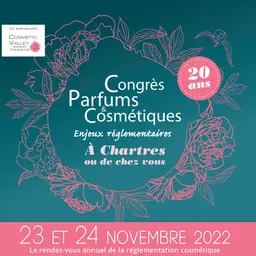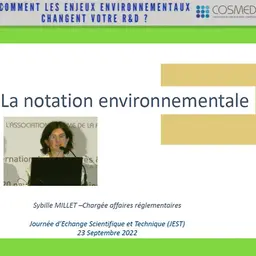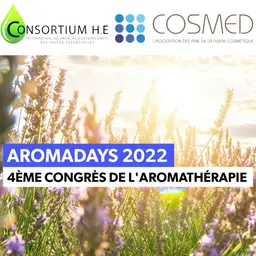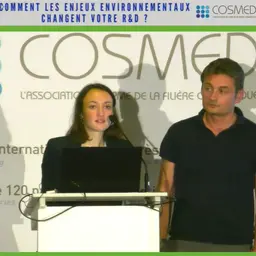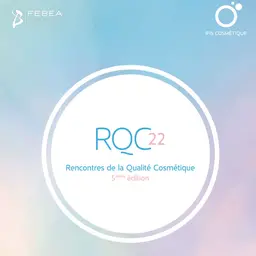
Very often, the claims made by a cosmetic product are decisive in the act of purchase. They are therefore crucial… but they are also regulated! During a webinar broadcast on February 26th, experts from Ayton Global Research (- a firm specializing in conducting consumer tests to objectify claims - reviewed the beauty trends of the moment through the claims that accompany them.
Cosmetic claims are governed by European Regulation No. 655/2013.
Since July 10, 2013, they must meet six common criteria to be accepted by market control authorities.
Thus, when a skincare product is marketed, its claims must comply with these six principles:
• Compliance with legislation
• Truthfulness
• Evidence
• Sincerity
• Equity
• Informed choice
“The development and validation of claims should not be a last minute marketing effort, but should be integrated into the design cycle,” explains Carys Smith, Regulatory Director of Ayton Global Research. “They need to be substantiated either in the laboratory or through consumer tests, which tend to be faster, cheaper and more flexible.”
Microbiome
In recent years, the concept of the cutaneous microbiome has invaded the cosmetic market, and has highlighted the importance of preserving the bacterial ecosystem of the epidermis.
This segment of cosmetics is based on a very scientific approach. And the brands that are launching themselves can fall into certain pitfalls.
To avoid misleading claims, Carys Smith advises to:
• Ensure that the basis of the claim is clear to consumers
• Conduct studies and have sufficient evidence (if a test is conducted on a panel, make sure it is large …

